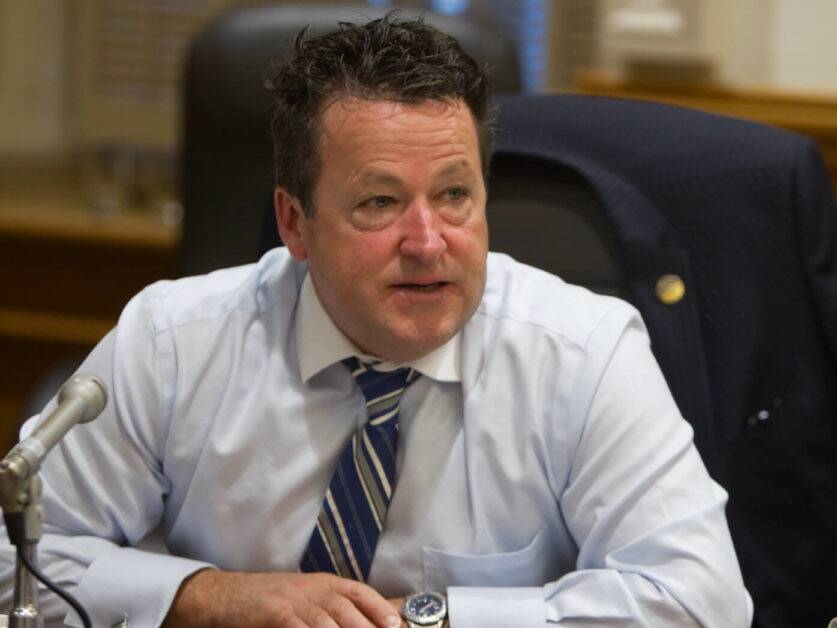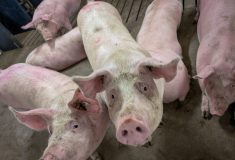A Swiss biodiversity expert offered a soothing message to genetic researchers last week at an Ottawa conference organized by Genome Canada.
New crops created from genetic work are the future, former University of Bern professor of biodiversity Klaus Ammann told a Genomics: the Power and the Promise conference Nov. 28.
He finished his presentation with a slide that said, “Genepeace not Greenpeace.”
Ammann said the European resistance to genetically modified crops is based on politics and myths about genetic modification.
Natural crop mutations are as profound as gene manipulation but take centuries longer and are not focused, he said.
Read Also

New Quebec ag minister named in shuffle
Farmers in Quebec get a new representative at the provincial cabinet table as Premier Francois Legault names Donald Martel the new minister of agriculture, replacing Andre Lamontagne.
European anti-GM campaigners insist that organic crops have better yields than GM crops.
“That is not true, but it is theology and not fact.”
As well, Europeans accept GM crops, including soy livestock feed, when they need it.
“It really is political,” he said.
Ammann argued geneticists and companies that create GM products must understand that the debate in Europe is not rational or based on fact.
“We know the scientific facts, but there is other knowledge in life, traditional knowledge, instinctive knowledge, and we have to recognize it and deal with it through argument and debate and education,” he said.
Ammann said Canada’s regulatory system has some glitches, but it functions better than most.
“The Canadian system works,” he said.
“It has some flaws, but it still works much better than ours. You do a good job. Spread the word about how to make a system work for innovation.”
Ammann said in an interview that European restrictions on imports of GM products are generally political.
“When they need a product, they bring it in and often don’t label it as GM,” he said.
“When they don’t, they call it a safety issue and protect their own market. It is crazy.”














